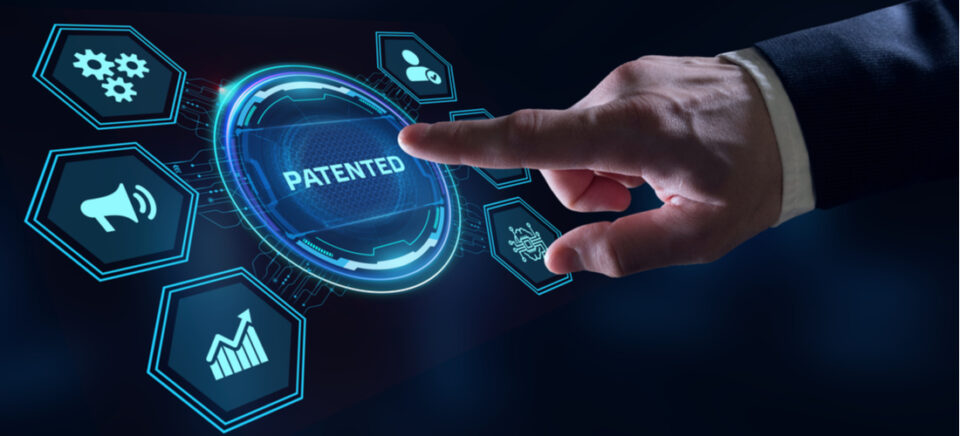In today’s fast-paced and innovative business landscape, intellectual property rights play a crucial role in protecting the ideas and inventions that drive industries forward. As companies fiercely compete to gain a competitive edge, patent disputes have become increasingly commonplace. This article delves into the latest trends in patent litigation, examining several critical cases and their outcomes, shedding light on the challenges and implications for businesses across various sectors.
High-Stakes Battles in the Tech Industry
The technology sector has witnessed some of the most high-profile patent battles in recent years. The smartphone industry, in particular, has been a hotbed of patent disputes, with giants like Apple, Samsung, and Google embroiled in complex legal battles over patented technologies related to user interfaces, touch screens, and mobile software features.
One notable case involved Apple’s legal victory against Samsung, where the latter was ordered to pay billions of dollars in damages for infringing upon Apple’s design patents. This landmark ruling underscored the importance of design patents and their potential impact on product development strategies.
Pharmaceutical Patent Wars
The pharmaceutical industry has also been no stranger to patent litigation. With billions of dollars at stake, drug companies have engaged in fierce battles to protect their lucrative patent portfolios and prevent generic competition from entering the market.
A prime example is the case of Teva Pharmaceuticals’ challenge against Pfizer’s patent for the blockbuster drug Viagra. While Teva initially succeeded in invalidating certain claims of Pfizer’s patent, the decision was later overturned on appeal, allowing Pfizer to maintain its exclusivity and continue reaping substantial profits from the drug.
The Role of Expert Witnesses
In many patent disputes, the testimony of expert witnesses plays a pivotal role in shaping the outcome. These experts, often referred to as “consumer product patent expert witnesses,” provide critical insights and analyses that help jurors and judges navigate the complex technical and legal aspects of patent cases.
For instance, in the ongoing legal battle between Apple and Qualcomm over licensing fees for mobile chip technology, both sides have enlisted prominent experts from academia and industry to bolster their respective arguments. The credibility and persuasiveness of these experts can significantly influence the perception of the case and ultimately sway the decision.
Implications for Innovation and Competition
Patent litigation trends have far-reaching implications for innovation and competition within industries. On one hand, strong patent protection can incentivize companies to invest in research and development, fostering technological advancements and breakthroughs. However, overly broad or ambiguous patents can stifle competition and hinder the dissemination of knowledge, potentially hindering progress.
Moreover, the high costs associated with patent litigation can disproportionately burden smaller companies and startups, creating barriers to entry and potentially stifling disruptive innovations. Striking the right balance between protecting intellectual property rights and promoting healthy competition remains an ongoing challenge for policymakers and the legal system.
Conclusion
As the global economy continues to evolve, patent disputes will likely persist, and their outcomes will shape the trajectories of industries and businesses alike. By closely monitoring patent litigation trends and staying informed about critical cases, companies can better navigate the complex landscape of intellectual property rights and make informed decisions to safeguard their innovations while promoting fair competition. Ultimately, the resolution of these disputes will have profound implications for consumers, shaping the availability, affordability, and diversity of products and services in the marketplace.

